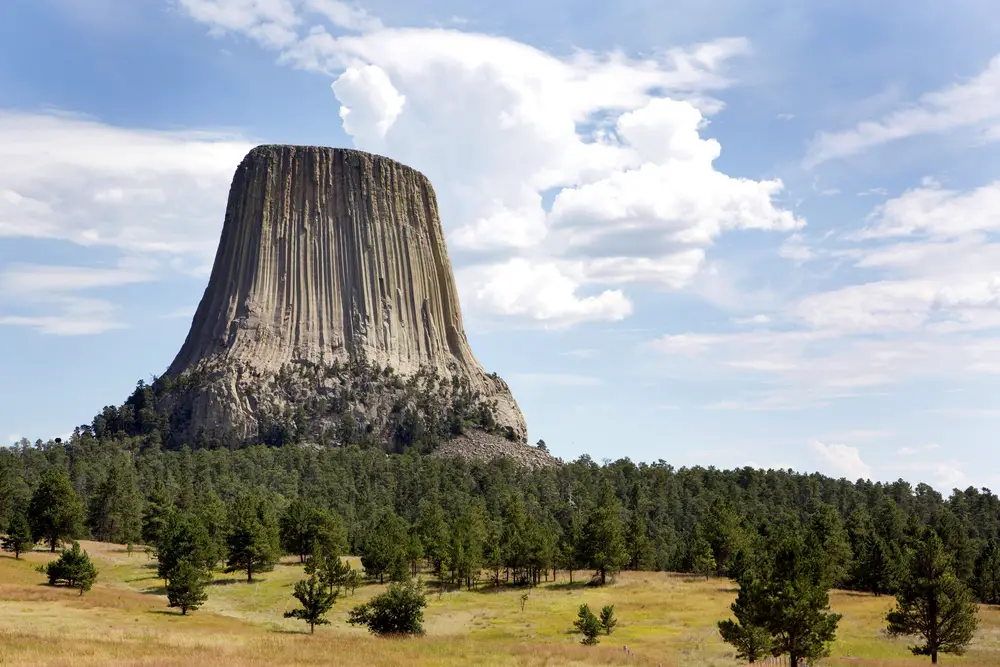Geographical place names in the United States rarely have one piece of punctuation — the apostrophe. Since 1890, The U.S. Board on Geographic Names, an office in the Department of the Interior that keeps a database of official names throughout the government, has granted only five places in the United States the use of an apostrophe in their names and discourages the use of apostrophes in general.
The reason why the board has held this position for so many years and how the rule originated is not entirely clear. There was a myth that the apostrophe looked too much like a rock in water when printed on a map, but the Board on Geographic Names dispelled this explanation. The most plausible explanation for the rule, cited by the board in its guidelines, is that the board didn’t want to show possession of natural features. Even though a feature could be named after a person, it didn’t belong to them.
The naming board doesn’t enforce this rule on things controlled by local governments, such as airports, schools, hospitals, roads, streets, and shopping centers. Each of the 50 states has its own agencies for naming places, allowing the states and local municipalities to use apostrophes as they choose.
There are many examples of the missing apostrophe across the United States. The St. Johns River and the St. Marys River in Florida don’t have an apostrophe, as well as Pikes Peak in Colorado, Devils Tower in Wyoming, and Henrys Fork in Idaho. Harpers Ferry in West Virginia was named after Robert Harper, the owner of a ferry service there in the 18th century. It was formally named Harper’s Ferry. However, in 1891, the Board on Geographic Names changed it to Harpers Ferry. There are many more examples strewn across the United States of names that don’t have an apostrophe.
The five places where an exception was granted to the no-apostrophe rule are:
Martha’s Vineyard in Massachusetts — The locals mounted a campaign in 1933 to keep the apostrophe in the place name, and it succeeded.
Ike’s Point in New Jersey — In 1944, this place was granted an apostrophe because it was deemed to be unrecognizable if it didn’t have one.
John E’s Pond in Rhode Island — In 1963, this apostrophe was granted because the name would sound like “John Ess” Pond without the apostrophe.
Carlos Elmer’s Joshua View in Arizona — In 1995, the Arizona State Board on Geographic and Historical Names argued that the words would sound like three names in a row without the apostrophe. The place was named after Carlos Elmer, a photographer who filmed a stand of Joshua trees in this spot.
Clark’s Mountain in Oregon — To commemorate the 200th anniversary of the Lewis and Clark expedition, the Oregon Geographic Names Board and the Lewis & Clark Trail Heritage Foundation asked that the apostrophe be removed. Meriwether Lewis named the mountain in honor of William Clark, who climbed it in 1806.
Sources: The Florida Times-Union, Las Vegas Review-Journal, Grammarphobia


